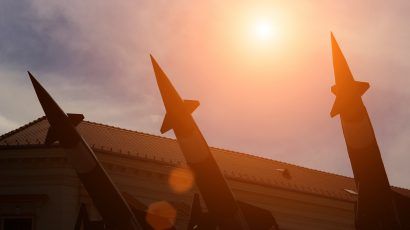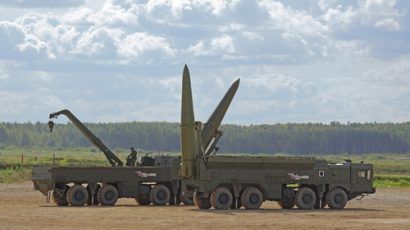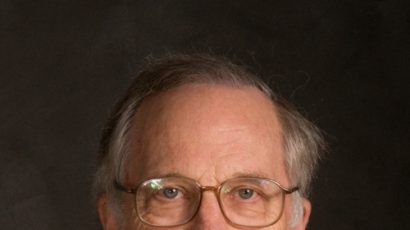2012 Nuclear Security Summit: What it was and wasn’t
This week, world leaders descended on Seoul, South Korea, for the second global Nuclear Security Summit -- a project that started with President Obama's call to secure all vulnerable nuclear material in four years (by the end of 2013). Unfortunately, most of these world leaders did not storm the gates of the summit ready to fight for that deadline. Many walked into a meeting already overshadowed by various domestic agendas and geopolitics, putting a damper on the real purpose of the gathering.




